In the first study to systematically examine the public investments in mRNA vaccines, researchers have found that the U.S. government was substantially invested in mRNA vaccine technology before the COVID pandemic.
The government also paid $31.6 billion during the pandemic for vaccine research, production, and vaccines for all Americans, as well as for global donations.
The vast pool of funding has netted Moderna and Pfizer over $100 billion in revenue from sales of COVID-19 vaccines since their launch, an amount 20 times greater than the total budget of the World Health Organization (WHO) for 2020-21.
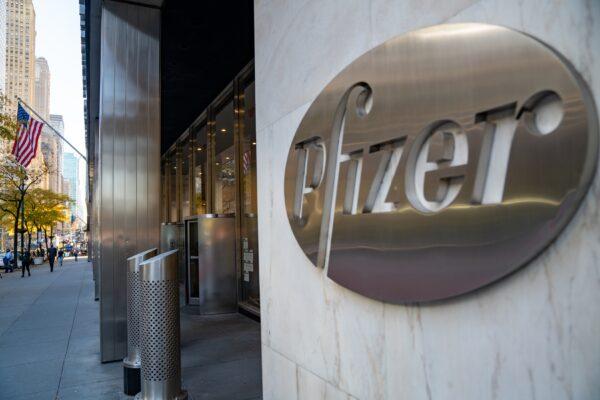
Altogether, the researchers identified 34 National Institutes of Health (NIH) grants that were directly related to mRNA COVID-19 vaccines.
They also identified contracts issued by the Biomedical Advanced Research and Development Authority (BARDA) and the Department of Defense.
“[This is] the largest public investment for a disease ever,” Hussain Lalani, a fellow at Harvard Medical School and lead author of the study said.
Since support from other countries, foundations, or companies was not included, the study likely underestimated the total pre-pandemic investment. Nevertheless, the researchers believe it provides a robust yet conservative estimate.
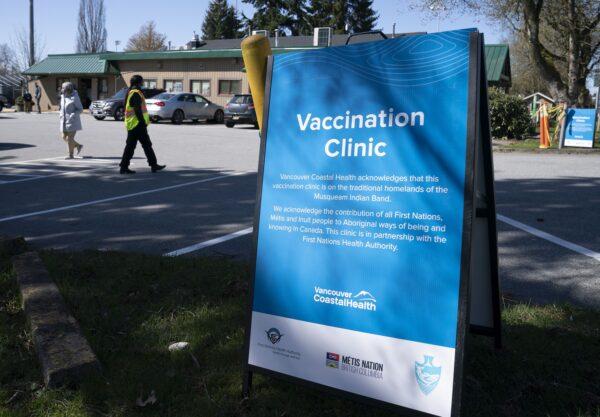
In a linked editorial, Yale School of Medicine sociologist and physician Dr. Victor Roy says the vaccine development “serves as a cautionary tale of a system in which the risks of pursuing innovation were socialised, while the lion’s share of rewards became privatized to corporate shareholders.”
He instead recommended alternative innovation strategies such as directionality, conditionality, and public options.
Vaccine Questions
While the WHO has advised that mRNA vaccines have met the necessary criteria for safety and efficacy, questions have increasingly been raised about the technology used, adverse events, the “gene therapy” nature of the mRNA shots, and lingering spike protein.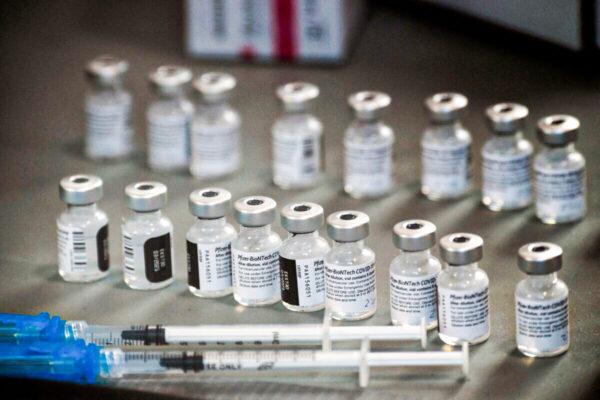
Investors such as Bill Gates have more recently withdrawn their support of companies behind mRNA vaccines for COVID-19.
In 2019, Bill Gates invested $55 million in BioNtech, which developed the COVID-19 vaccine for Pfizer. It is now worth $550 million. A significant proponent of mRNA technology, Gates called the mRNA shots “game changers.”
After his profits multiplied, Gates sold some of the stock at the end of 2021, while criticizing the COVID-19 jabs, stating they don’t block infection, aren’t effective against variants, and have a “very short duration.”
“They’re not broad—so when new variants come up, you lose protection—and they have a very short duration, particularly in the people who matter, which are old people.”
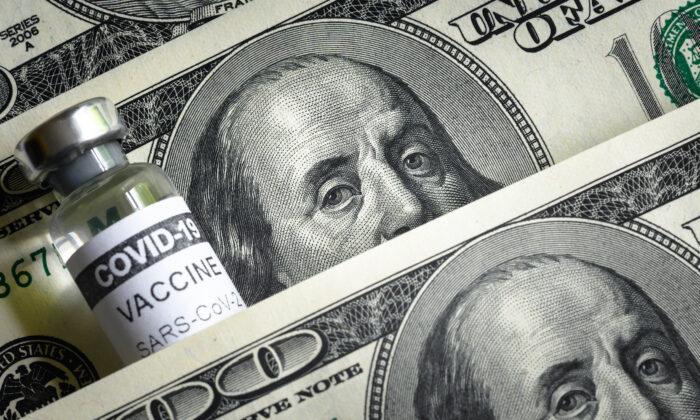


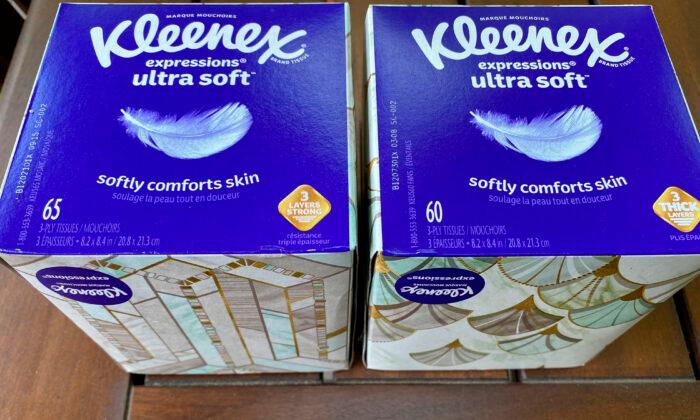
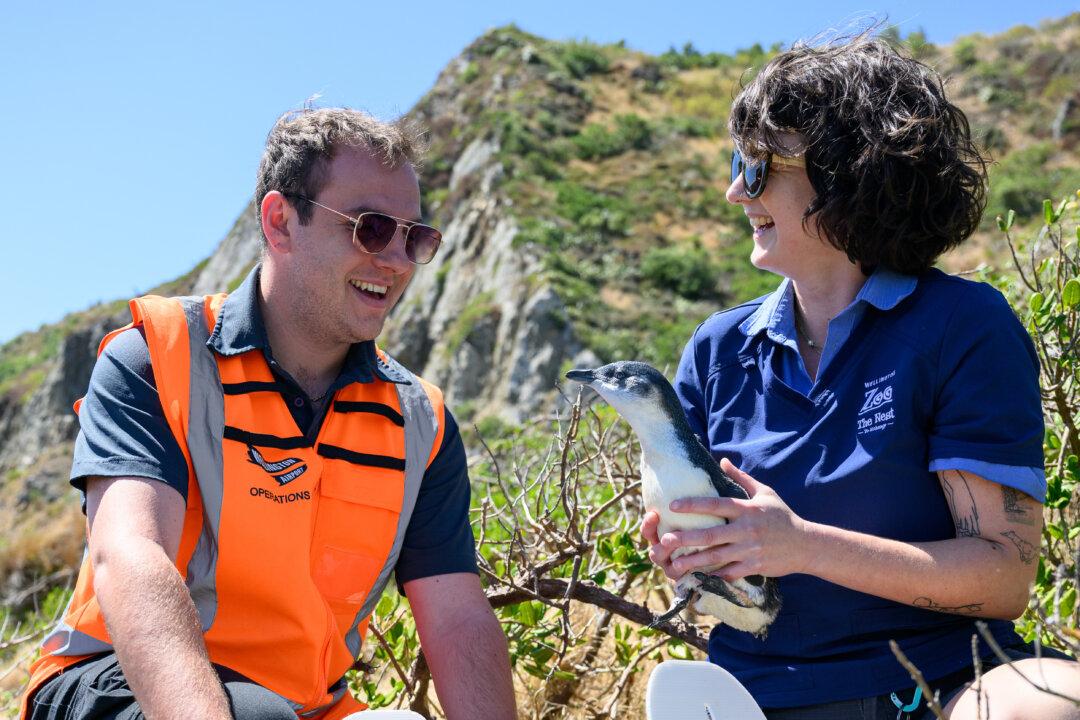
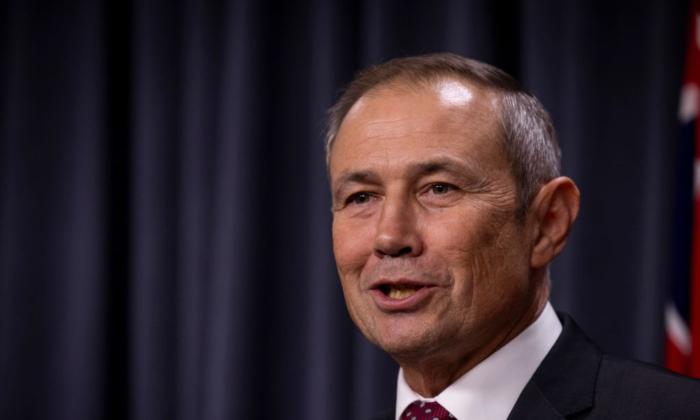
Friends Read Free